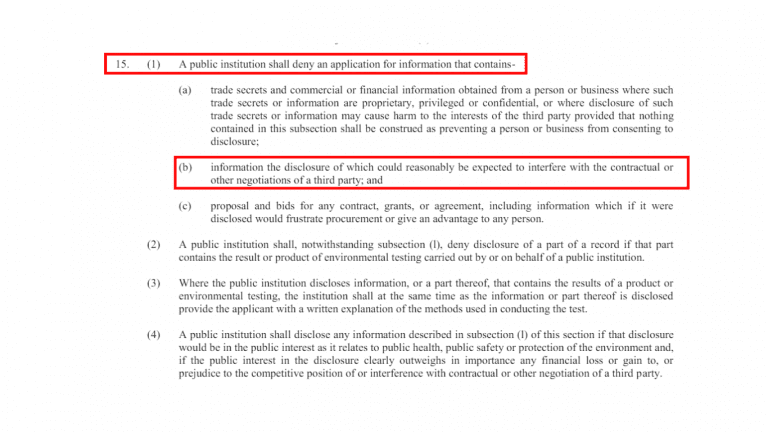The Nigerian Federal Government has recently declared its withdrawal from the planned realignment of the Lagos-Calabar Coastal Highway.
This revelation was made during the 3rd Stakeholders Meeting in Lagos. The Works Minister, Dave Umahi, affirmed that the proposed rerouting would be discontinued due to the presence of submarine cables along the shoreline.
Furthermore, Umahi announced that the Environmental Impact Assessment (EIA) would be withheld for the time being. He referenced Section 15 (b) of the Freedom of Information Act to justify the government’s decision to keep certain information confidential from the media and the public.
The cited section pertains to the exemption of third-party information, which permits government institutions to deny access to information by journalists or the public.
This announcement follows warnings from telecommunication companies about the potential for a nationwide network outage if the rerouting is not reconsidered.
Consequently, the government has chosen not to proceed with the rerouting, which could disrupt internet connectivity nationwide and result in the destruction of ancestral homes in the Okun-Ajah community.
In a video shared by journalist Laila Johnson-Salami, Okun-Ajah community members were seen applauding the Tinubu-led administration for its decision to abandon the proposed route.
Despite previous demolitions that impacted the beachfront of private businesses, including LandMark, the government is now exploring alternative solutions to ensure the continuation of the Lagos-Calabar Coastal Highway.

